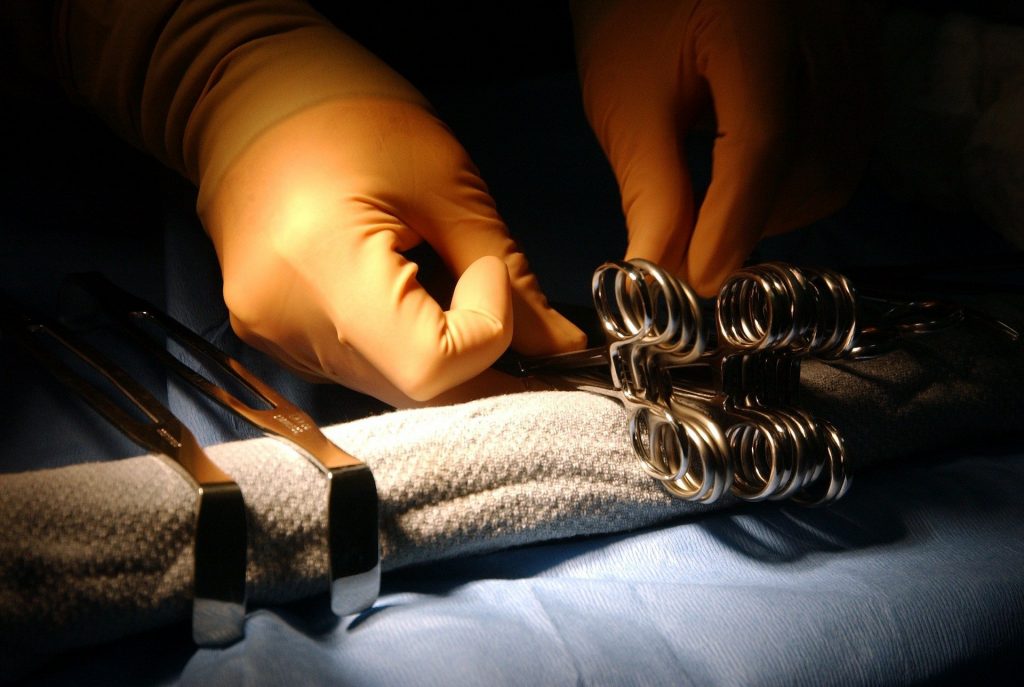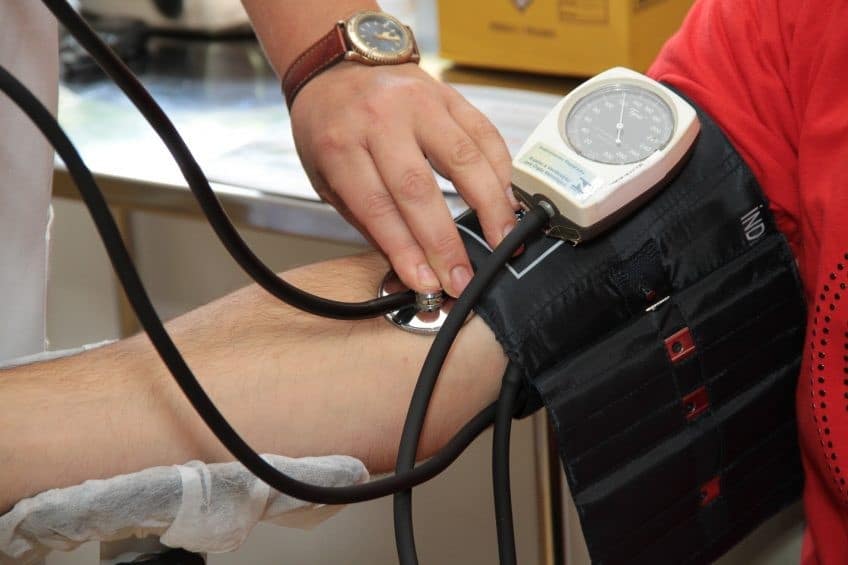Mandatory Presumption Of Negligence In Foreign Body Malpractice Cases
Medical MalpracticeIn the case of Dockswell v. Bethesda Memorial Hospital, Inc. (SC15-2294), the Florida Supreme Court made it clear that when a foreign body is unintentionally left inside a patient, then the burden of proof automatically shifts to the defendant to prove that medical negligence was not the cause.
Facts Of The Case
In 2011, Mr. Dockswell underwent a colon resection for cancerous polyps. A normal part of the procedure involves the insertion of a drainage tube into the abdominal cavity so that fluid can drain out after the surgery. These drainage tubes are usually removed post-operatively at the direction of a doctor.
With regard to Mr. Dockswell, a nurse removed his discharge tube a few days after surgery but somehow a 4-inch piece of tube was unknowingly left inside Mr. Dockswell. Not surprisingly, Mr. Dockswell experienced significant pain four months later and it was discovered that a piece of the drainage tube had been left inside the patient. A second surgery was thereafter performed to remove the piece of tube.
The Dockswells sued the hospital for the actions of the nurse. According to testimony mentioned by the Court, it was questionable whether the surgeon had instructed the nurse to remove the drainage tube.
Presumption Of Negligence And Error Of The Court
After the trial, the plaintiffs requested that the trial judge use Florida Standard Jury Instruction 402.4c regarding the presumption of negligence and states:
The presence of a foreign body in the patient’s body establishes negligence unless the defendant proves by the greater weight of the evidence that he (or she) was not negligent.
The trial judge bought into the Defendant’s argument that this presumption does not apply where the plaintiff is aware of who the culpable party is (in this case, the nurse). Therefore, the trial judge refused to give the instruction to the jury and instead gave an instruction stating that “the existence of a medical injury does not create any inference or presumption of negligence against a health care provider and that the claimant must maintain the burden of proving that an injury was proximately caused by a breach of the prevailing professional standard of care…”
The jury found for the defense and the plaintiffs appealed.
The Presumption Of Negligence Was Statutorily Created
Section 766.102(3)(b), Fla. Stat. contains the presumption of negligence in foreign body medical malpractice cases and states:
[T]he discovery of the presence of a foreign body, such as a sponge, clamp, forceps, surgical needle, or other paraphernalia commonly used in surgical, examination, or diagnostic procedures, shall be prima facie evidence of negligence on the part of the health care provider.
This language in the statute is clearly intended by the Legislature to confer a benefit to plaintiffs. Patients are usually completely unaware during medical procedures, however, even if they are “awake,” then they still wouldn’t be qualified (or able) to know that something was left inside them.
The Issue Of “Discovery” Presented In The Case
The hospital’s argument that the presumption of negligence does not apply when the patient might know who was responsible for leaving the foreign body focused on the word “discovery” in the statute. The Court noted that “there is absolutely no indication that a litigant must prove, in addition to the presence of the foreign body, the absence of direct evidence of how the foreign body was left in the patient” in order for the presumption to apply.
In this case, the hospital was arguing that the presumption should not apply because Mr. Dockswell knew that the tube had to have been left inside him during the surgery.
Legal Commentary
These arguments, in addition to others, led to an order that the parties re-try the case. The case says that the Dockswells sued the hospital alleging that the tube was negligently removed with excessive speed and force as well as that the nurse failed to inspect the drainage tube to ensure that the entire tube had in fact been removed.
Interestingly, there is no mention in the case of a claim against the surgeon for failing to supervise the nurse during the post-operative removal of the tube. It was also interesting that the Court discusses that it was questionable whether the surgeon ordered the removal of the tube.
While these tubes are routinely left in after a surgery to serve a medical purpose, this does not mean that the surgeon is completely done with the patient. In Florida, a surgeon generally remains legally responsible for medical care until another doctor accepts responsibility for the patient. In some specialties, a patient becomes the responsibility of the hospitalist almost immediately after surgery whereas with other procedures and specialties the patients remain under the direct care of the surgeon.
In any event, the patient had to be under the care of some physician at the time that the drainage tube was removed and that doctor would have a legal responsibility under Florida law to ensure that the drainage tube was completely removed (because the nurse acts in response to a doctor’s order). Further, there should be risk management procedures in place at the hospital that limit the possibility that a foreign body can be left inside a patient. An x-ray or CT should usually be ordered by the physician before discharge after surgery to check.
Contact A Lakeland, Florida Medical Malpractice Attorney For Help With Your Case
If you have questions about whether your treatment is the subject of a medical malpractice claim in Florida, you should contact a Lakeland medical malpractice attorney for a free case review to discuss what happened. A case review with an attorney is free. Contact us today to schedule your free appointment.


